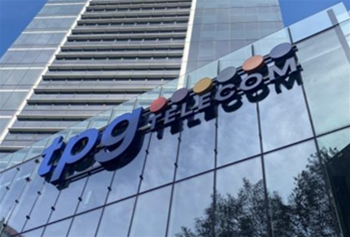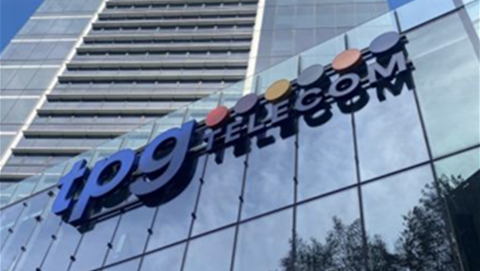TPG Telecom says NBN Co is acting like a company under no competitive pressure whatsoever, and that this should be a clear signal to policymakers to ease restrictions on non-NBN fixed providers.
NBN Co has repeatedly said it faces strong competitive pressure and a growing customer exodus in coming years due to infrastructure-based competition.
Fixed-line infrastructure-based competition is tightly regulated - protections that TPG have long sought to be unwound.
Its latest argument to do so is based on a comparison of the words and actions of NBN Co.
In a yet to be published submission to the ACCC, sighted by iTnews, TPG said the release of a three-year pricing roadmap by NBN Co late last month confirmed the operator would raise its prices yearly.
NBN Co is to be permitted to increase prices by the greater of CPI or up to a cap of five percent per year: it is proposing the full five percent increase in FY25 for 50Mbps and 100Mbps services, and 3.2 percent in FY26, though these are “draft” and “indicative” figures only, and could change.
TPG argues being “comfortable” enough to raise prices every year to at least 2030 is at odds with a company that is under competitive strain.
“In a competitive market, NBN Co would be expected to reduce or minimise price increases, increase service quality, or do both,” TPG said.
“This is what is expected by consumers of any other commercial entity in the telecommunications sector.
“The fact NBN Co is comfortable imposing annual price increases close to its potential maximum demonstrates it is not at all concerned with competition from other providers.”
TPG argues the lack of competitive pressure on NBN Co, evidenced by its actions, is a reason to relax restrictions on companies deemed to be competing with NBN Co.
A more “light-handed approach to the regulation of non-NBN fixed providers” would lead to “compelling and differentiated services [that] act as a real competitive constraint on NBN” and its pricing, TPG said.
Price floor and ceiling
TPG Telecom’s submission also deals with a recent plan by NBN Co to set floor and ceiling wholesale prices for its most popular 50Mbps service.
The proposal was tabled as a way to potentially break an impasse with the special access undertaking (SAU), a key document that sets price and non-price terms for NBN access through to 2040.
The impasse relates to the narrowing gap between 50Mbps and 100Mbps pricing, such that the two will converge within a few short years, and it could become more expensive to serve users on 50Mbps than 100Mbps.
NBN Co has offered to set wholesale prices for 50Mbps at between $50 and $55 for the first year - increasing thereafter - depending on bandwidth consumption.
However, the offer is contingent on internet providers giving up national pooling of bandwidth, which has only been around since 2019 but is a mechanism that allows retailers to ultimately reduce their exposure to excess bandwidth costs.
TPG urged the ACCC to heavily scrutinise the proposal.
“The price floor and ceiling proposal is a complex mechanism which will only make one thing certain: NBN wholesale costs will increase even further,” the telco said.
“TPG Telecom vehemently opposes the price floor and ceiling proposal.
“Any proposal to provide certainty for retailers cannot be traded by NBN Co removing national pooling of [bandwidth].
“This will only serve to further reduce the ability of retailers to manage NBN Co’s ever-increasing costs.”
Cancelling 12Mbps
TPG also implored the ACCC to more closely scrutinise convergence of the 12Mbps and 25Mbps tiers.
NBN Co has waged war on its 12Mbps user base over a number of years - and TPG said the new three-year pricing roadmap “demonstrates NBN Co’s intention to effectively withdraw the NBN12 broadband service.
“If NBN Co wishes to withdraw NBN12 from the market, then it should offer NBN25 at the same effective price point as the current NBN12 service,” TPG said.
Using an example of its iiNet brand, TPG said that 12Mbps users could face a 15 percent or $120 a year hike to move up to 25Mbps, if NBN Co gets its way.
“We believe the ACCC should more closely scrutinise NBN Co’s claims with respect to the NBN12 service and further consider the negative impacts of such significant price increases for consumers with lower broadband needs,” TPG said.




.jpg&h=140&w=231&c=1&s=0)
.png&h=140&w=231&c=1&s=0)





















